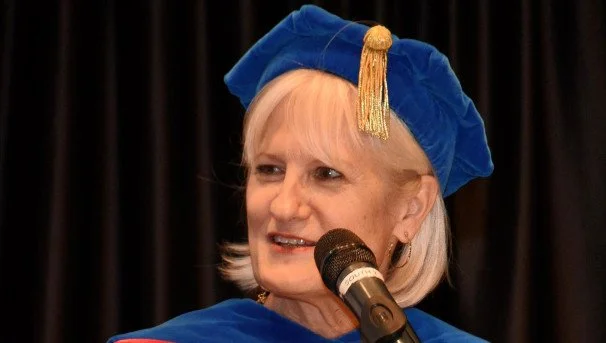A transformation happened nearly every night we put our sweet foster boy down for bed. Minutes after the cherubic toddler was happily reading books with me, and seconds after he sweetly swayed in my arms as I sang to him, he transformed. The moment of metamorphosis occurred as I placed him in his crib. He would roll over and, with big tears rolling down his fat cheeks, wail. As I left the room and closed the door, he would stand in the crib, looking at me with pleading eyes. “How could you abandon me?” his eyes would ask.
The sun would set, the moon would rise and set, and the sun would rise again. I open his door to find him sleeping. I turn off the sound machine and open the window shade. He hikes up his cute bottom in the air, rolls over, pulls himself up, and greets me with the biggest smile you’ve ever seen. I smile back and he giggles.
Forgiven.
Fast forward several hours, and a couple sits on my couch in my office. He can’t move past the fact that she won’t make love to him. She can’t move past the fact she caught him watching porn.[i]
Not forgiven.
The claws of unforgiveness are sharp and relentless.














